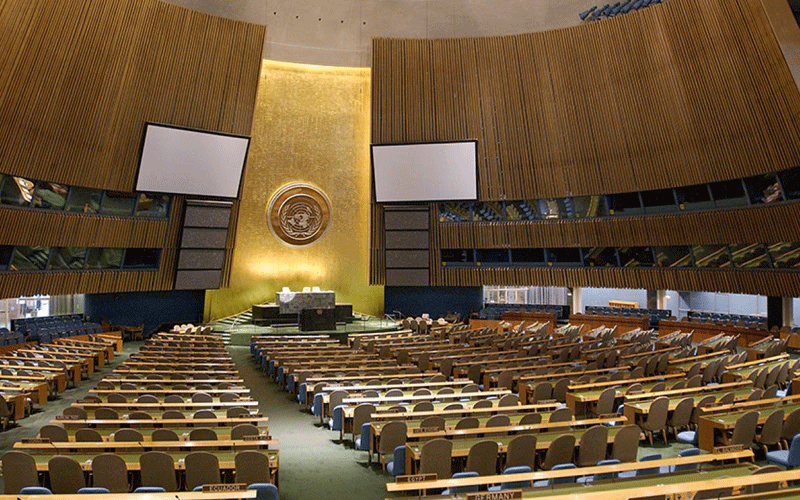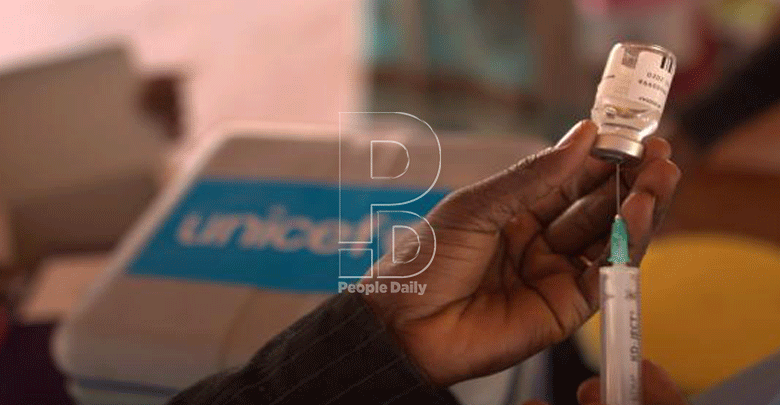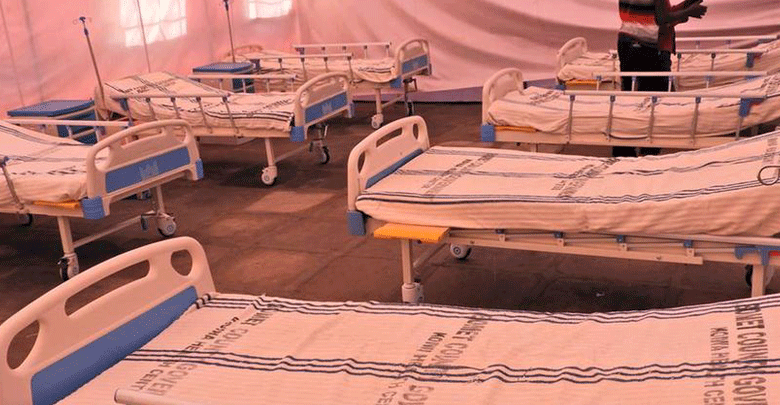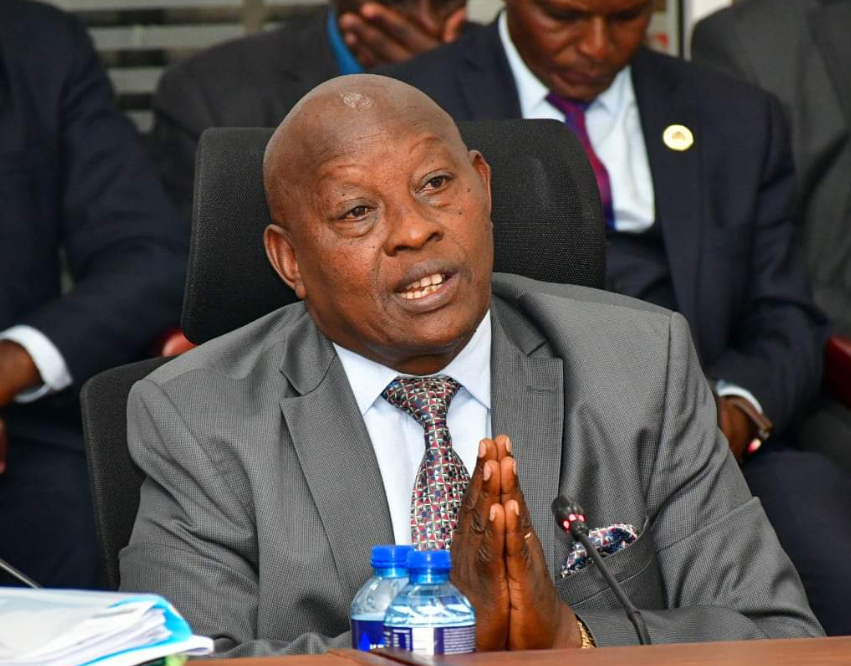Businesses, UN to chart way for sustainable Africa

Today, December 3, the United Nations Global Compact will convene some of Africa’s leading business executives to inform, inspire and catalyse collective approaches in this Decade of Action in Africa that will realise the goals of 2030 Agenda and Agenda 2063 on the continent.
The UN Global Compact and its networks from across the continent, including Kenya, South Africa, Nigeria, Mauritius and the Indian Ocean region, Ghana, Democratic Republic of the Congo, Tanzania, and Morocco, will convene business leaders virtually with governments, civil society and UN leaders at the fifth such summit to foster multi-stakeholder dialogues, yield new partnerships and explore innovative solutions that will drive practical actions on key sustainable development issues.
Africa’s private sector has traditionally been a key driver of economic growth, job creation and innovative solutions for a myriad of challenges facing Africans.
Covid-19 coupled with other forces such as digitisation and globalisation will be the stress test to addressing other emerging issues as captured under Sustainable Development Goals such as climate change.
Examining private sector’s response to the pandemic exposes the agility, creativity and determination of Africans.
Kenya’s private health sector responded by supporting the government “walk the talk”. Kenya has a robust private sector and established coordination structures that existed before the pandemic.
The sector has supported containment activities including public awareness campaigns, testing and other rapid response initiatives.
Elsewhere, necessity has been the mother of invention. In Ghana, the Kwame Nkrumah University of Science and Technology and Incas Diagnostics invented an optimised Rapid Diagnostic Test kit to support the national testing regime.
South Africa launched a national ventilator project to manufacture medical equipment that helps Covid-19 patients to breathe.
Distillers and chemical companies adapted production lines to manufacture hand sanitisers and garment manufacturers sewed protective clothing for doctors and nurses.
If there is a silver lining to health emergency triggered by the pandemic, it is that this resourcefulness and self-reliance will stand African businesses and governments and civil society well as they begin to chart their recoveries.
Another lesson is the importance of collaboration. Across the continent, telecom groups have worked with health ministries to set up Covid hotlines with advice on how to prevent and manage infection.
Call any phone in Ethiopia and you will be greeted with a jingle on the importance of washing hands.
In South Africa, a public-private partnership with Uber and other transport companies has enabled South African patients suffering from chronic diseases to receive their medicines directly at home, without the risk of being infected by going to hospital.
But perhaps the most important thing we have learnt that companies are only as healthy as the communities they serve.
And it is this insight that has driven banks, utilities and telecom companies to extend lifelines to their customers.
During lockdown, Burkina Faso’s water and electricity utilities waived payment for women entrepreneurs in the fruit and vegetable sector, in recognition of their key contribution to family incomes.
In Nigeria, the Bank of Industry cut interest rates and granted a moratorium on principal repayments for businesses adversely affected by Covid.
Kenya’s Safaricom waived fees on small mobile money transfers during the outbreak, as well as doubling bandwidth to support those working from home.
These sustainable best practices and much more will be explored at the Making Global Goals Local Business—Africa, a one-day online event organised by the UN Global Compact and leaders of its African networks, with the theme “Uniting Business for the Africa We Want: Decade of Action and Opportunities.”
Sessions will explore key issues African countries are confronting to achieve progress to develop sustainably , including the impact of Covid-19. — The writer is the Executive Director, Global Compact Network Kenya











